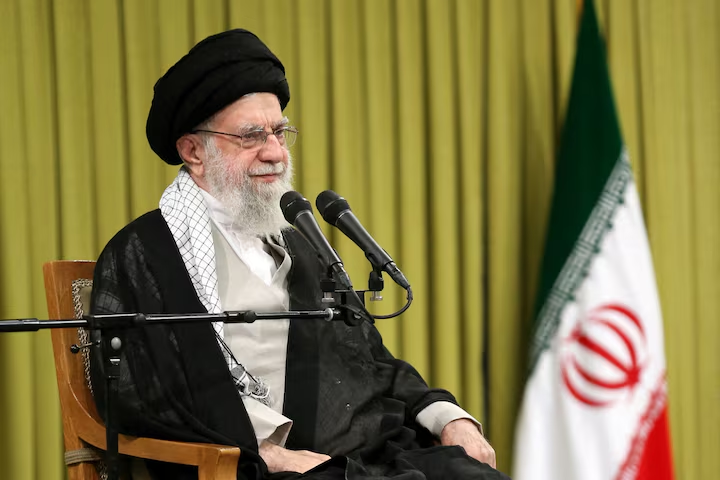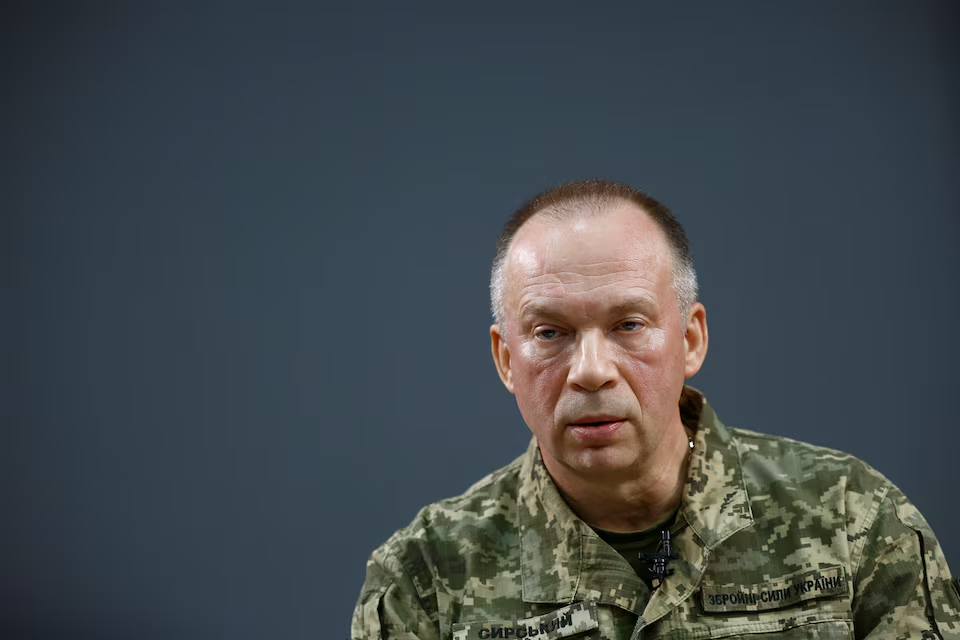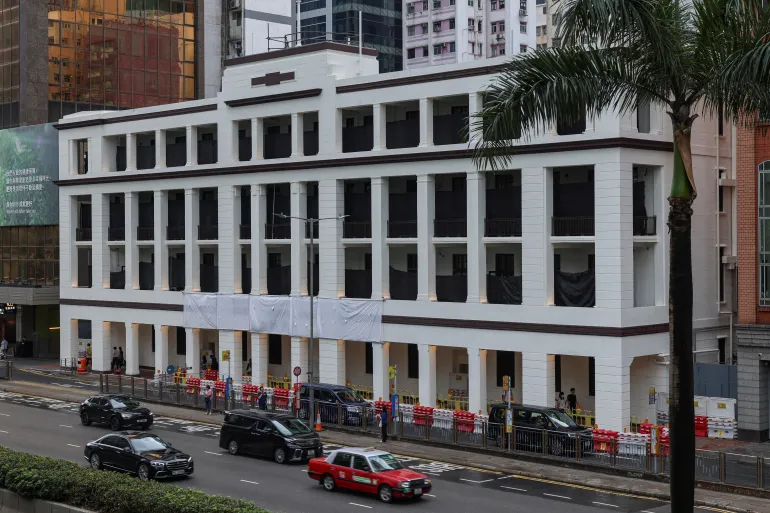Iran’s Supreme Leader Ayatollah Ali Khamenei said on Tuesday, May 20, 2025, that he remains deeply skeptical about the possibility of reaching a successful agreement with the United States over Tehran’s disputed nuclear program, casting a shadow over fragile diplomatic efforts to revive stalled negotiations.
In remarks carried by Iranian state television during a meeting with senior nuclear officials, Khamenei expressed doubt over U.S. sincerity, accusing Washington of using dialogue as a tactic to pressure Iran without making genuine concessions.
“We are not opposed to negotiations, but we do not pin hopes on them,” Khamenei stated. “The Americans do not want to negotiate to reach an agreement — they want to impose their will.”
The Supreme Leader’s comments come amid cautious diplomatic contacts between Tehran and Washington aimed at restoring elements of the 2015 Joint Comprehensive Plan of Action (JCPOA), which collapsed after former U.S. President Donald Trump unilaterally withdrew in 2018 and reimposed heavy sanctions on Iran.
While President Ebrahim Raisi’s administration has authorized low-level diplomatic outreach through European intermediaries, progress has been minimal. Khamenei’s statement signals that Tehran’s highest authority remains unconvinced that any meaningful progress can be achieved without significant guarantees and a shift in U.S. posture.
Khamenei reiterated that Iran’s nuclear program is strictly for peaceful purposes, but warned that it will continue to expand its nuclear capabilities unless the West agrees to lift sanctions unconditionally.
“The pressure must stop first. We will not accept any framework that weakens our national rights,” he said.
Western powers, particularly the U.S., France, Germany, and the UK, have warned Iran that continued uranium enrichment and lack of transparency with the International Atomic Energy Agency (IAEA) could result in further isolation and punitive measures. The Biden administration, and now the Trump administration, have both struggled to formulate a diplomatic path forward amid increasing regional tensions.
Khamenei’s skepticism also reflects internal political pressure in Iran. Hardliners within the Islamic Republic remain deeply wary of engaging with the U.S., citing past betrayals and accusing reformist voices of naivety. These factions now dominate most levers of power in Tehran, limiting the political space for compromise.
Meanwhile, Israel has repeatedly warned that it will not allow Iran to become a nuclear-armed state and has hinted at the possibility of preemptive military action. In April, Israeli officials claimed Iran had enriched uranium close to weapons-grade levels, a charge Tehran denies.
Despite public doubts, Iranian diplomats say Tehran is still willing to explore “constructive negotiations” if sanctions are meaningfully lifted and there are guarantees of compliance from Washington. However, no new rounds of formal talks have been scheduled, and recent U.S. comments suggest that any agreement would need bipartisan support in Congress — a difficult prospect given the current political divide.
International observers believe that Khamenei’s remarks are both a warning and a negotiation tactic — setting red lines in anticipation of pressure from European and regional actors, while also keeping the door open for a potential breakthrough if terms are favorable.
As Iran continues to face economic hardship from sanctions and domestic unrest over inflation and political repression, analysts say the leadership may eventually be forced to choose between isolation and engagement.
For now, Khamenei’s message is clear: Iran will not accept a deal it sees as capitulation, and the path to diplomacy remains narrow, burdened by mistrust and geopolitical rivalry.
Whether negotiations collapse or revive, the Supreme Leader’s position will remain decisive — and his current tone suggests caution, defiance, and strategic patience, not a rush toward compromise.
Source; Reuters



